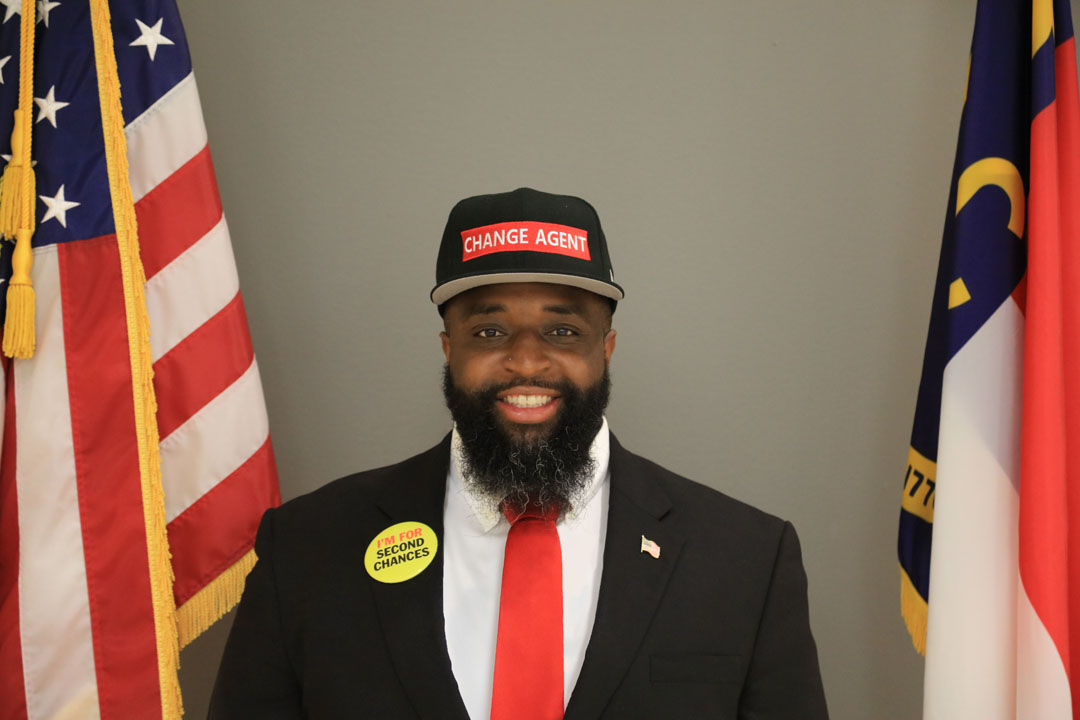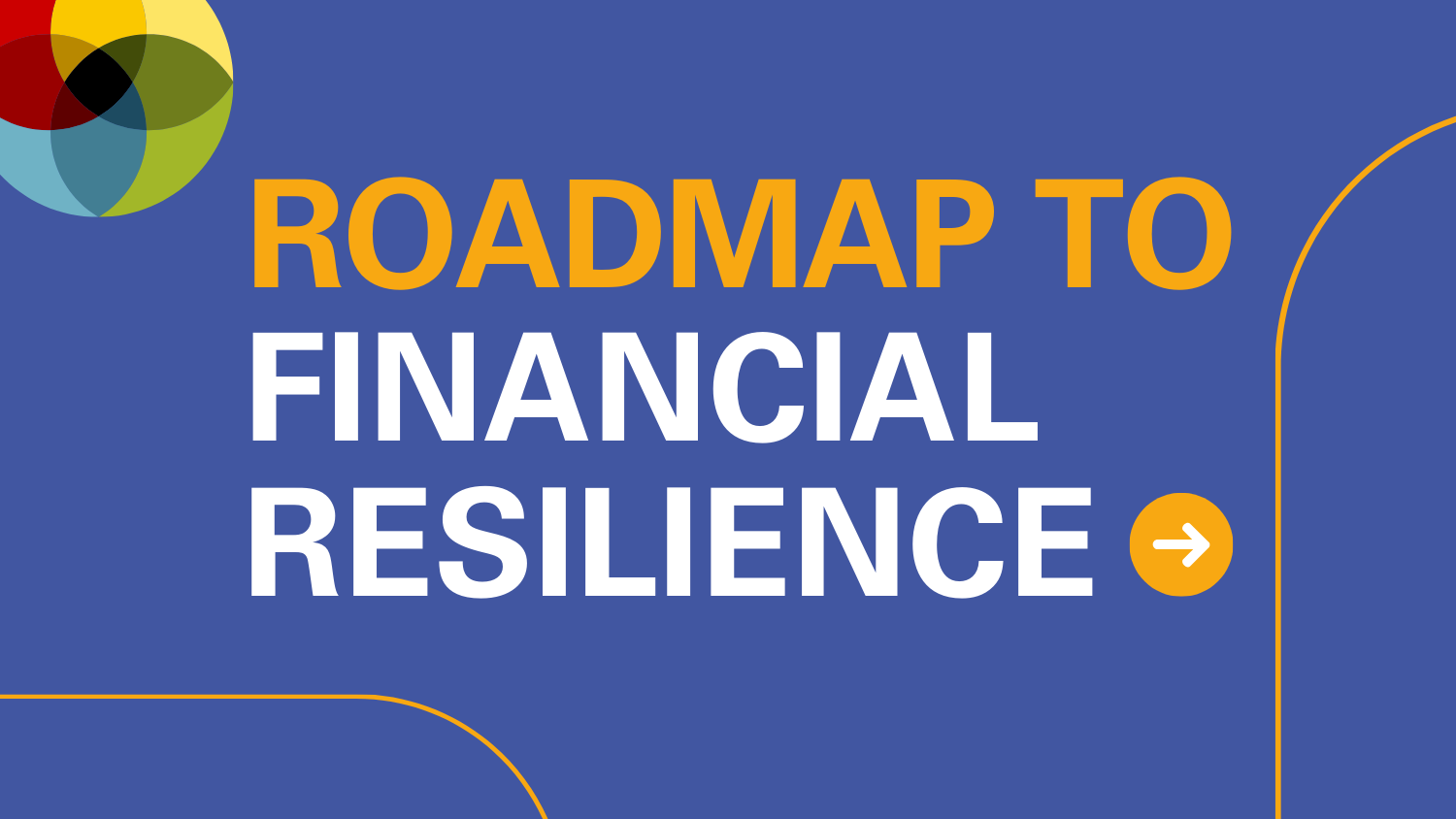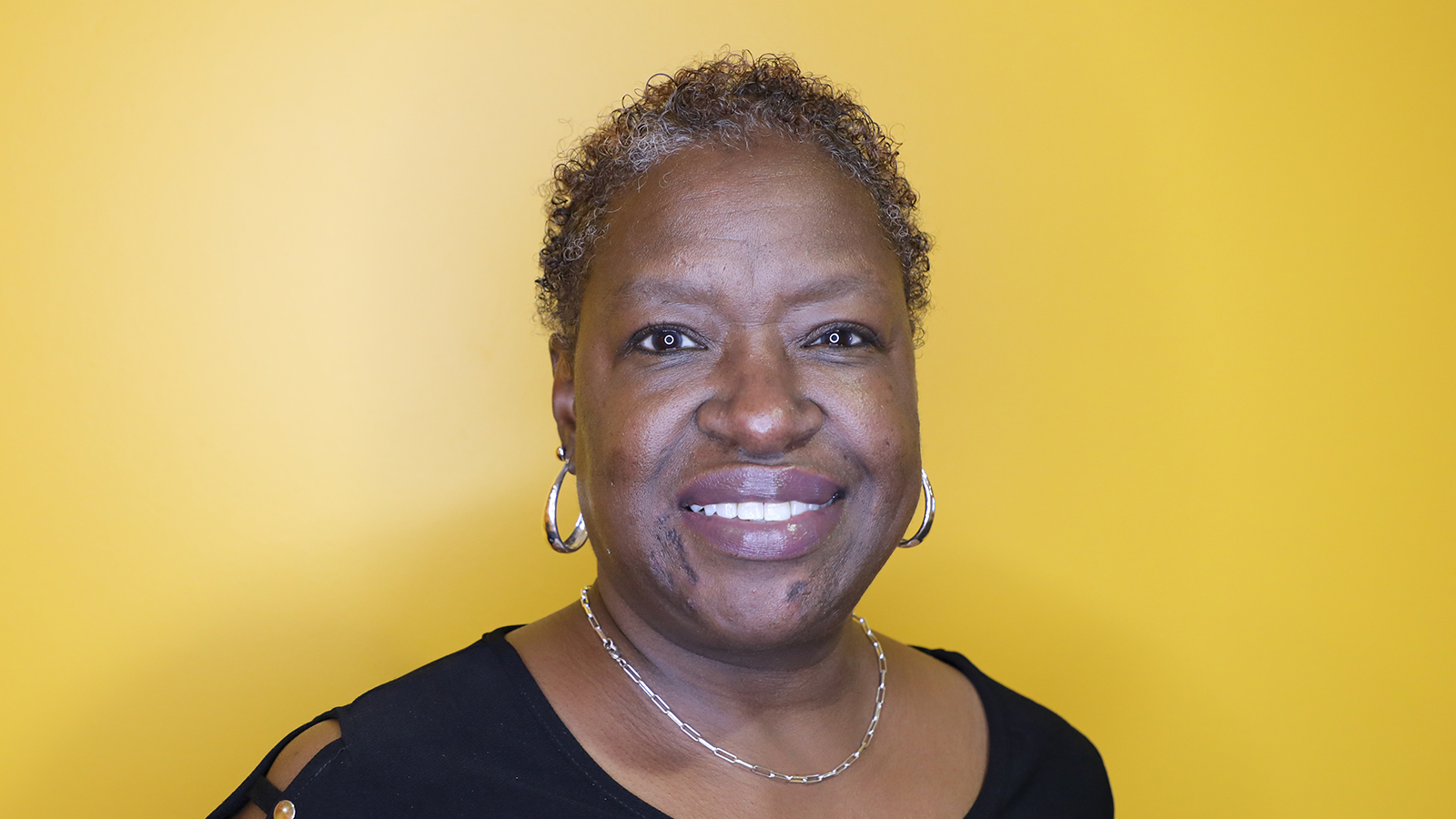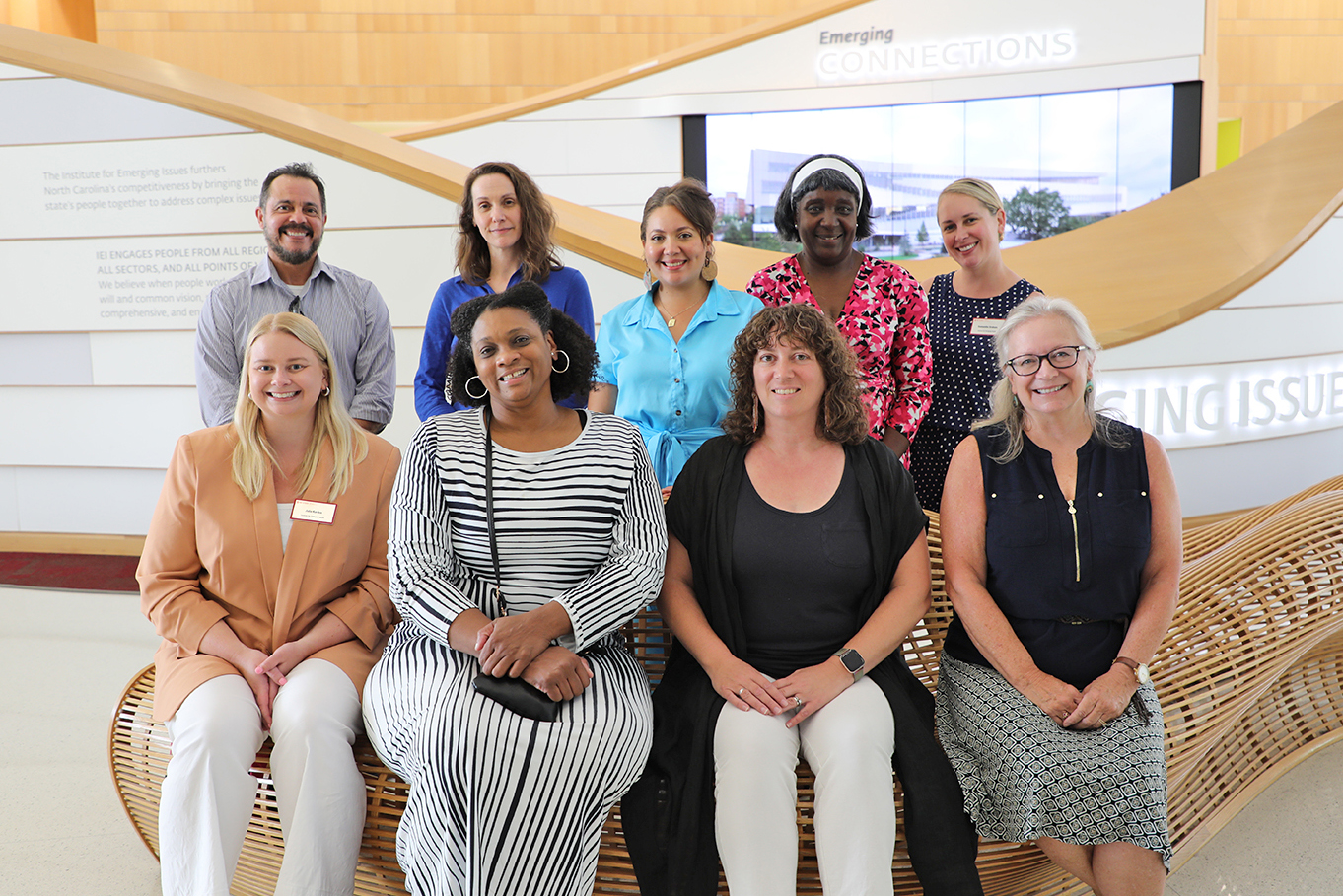IEI is excited to welcome Change Agent Philip Cooper to the team as part-time Practitioner-in-Residence. He will bring his experience, knowledge and passion to help develop the program of work for the 2023 Emerging Issues Forum: Talent First Economics.
Q: Tell us a bit about your background and how you came to be involved in workforce development.
A: I started out advocating for equitable hiring back in 2015, while working in Student Services at A-B Tech Community College. I served as a coach for many of the students that were in the VERA Pathways Program and they needed help finding jobs. I had to answer the call to action. I moved on to become a Career Navigator at the Justice Resource Center, which is located in the Buncombe County Courthouse and it was on and poppin’ after that!
Q: What does it mean to be a “Change Agent”?
A: Being a CHANGE AGENT means that you lead with equity in mind and equity can simply be defined (by me), as fighting for the underdogs. CHANGE AGENTS are willing to stir it up, call things out, do something different, try new things, call a spade a spade, and most importantly, CHANGE AGENTS are solution driven. We don’t just complain, we get in good trouble, and make CHANGE happen.
Q: Why is workforce development so important to you?
A: As a Community Health Worker, I am passionate about addressing the social drivers that impact the health of the people. One of those drivers is economic security. I grew up in poverty and I know the negative side effects of it. We must implement innovative solutions to address the under connected communities’ lack of access to gainful employment opportunities, including but not limited to On-the-Job Training, Apprenticeships, and nontraditional careers. People fail because of lack of knowledge, knowledge is power, and I’m gonna give it to ’em!
Q: You travel all across the state in your work. What is NC doing right in the field of workforce development, and where is there room for improvement?
A: NC is recognizing the impacts of systemic racism and I appreciate that. Now we must get into the solution and highlight tangible tactics at addressing it. In regards to tactics in workforce development, we must do better with exposing the under-connected communities to the blue collar trades, exposing them to the short-term job trainings at community colleges that lead to gainful employment in high demand industries. We need to do better with partnerships with community-based organizations and leverage their trust to bridge the gaps to opportunities. We cannot expect people to come to our cubicles, we must take it to the streets!
Q: What interests you about working with IEI and on the Talent First Economics forum?
A: I am grateful and honored to be a voice for the people who don’t feel that they have a voice. I am grateful to share my lived experience as a service recipient and a service provider. This is an opportunity for me to bring all of my ideas to the table and spread them out to all the people who are in need of a CHANGE AGENT!!! There is no such thing as secret sauce when a shared value is equity.
Q: What do you believe is the biggest emerging issue facing our state?
A: It’s hard to narrow it down to just one. But I’ll stick with: Root Causes of Poverty.
Q: Is there anything else you want us to know about you?
A: I love God with my whole heart and my passion is fueled by my lived experience. So, if you want to know why I am so “lit,” just know that someone prayed for me to make it this far and now it’s my turn to fight for others like someone fought for me. I am very passionate about prison reentry and returning citizens is an untapped population that can be the answer to many employers staffing issues.
- Categories:



